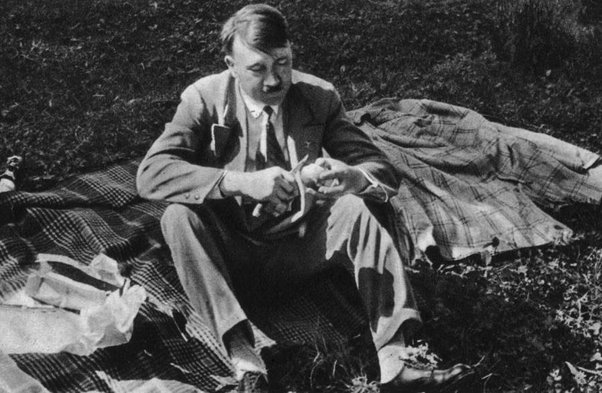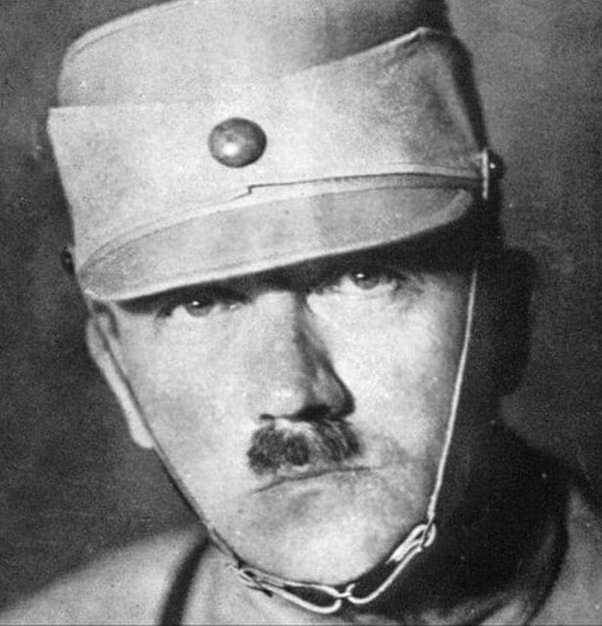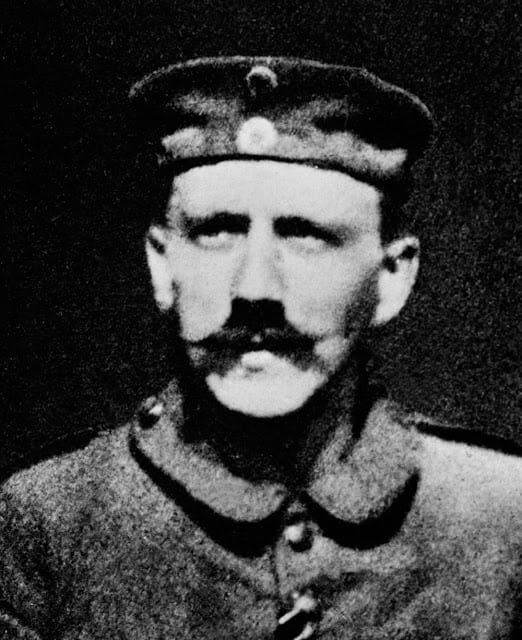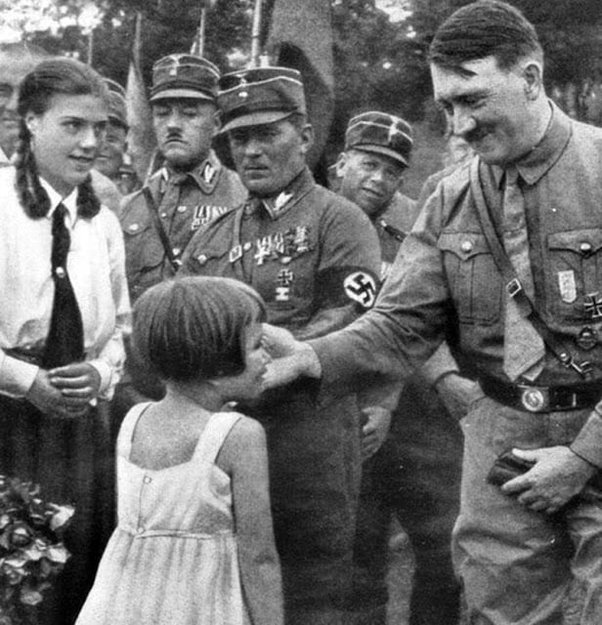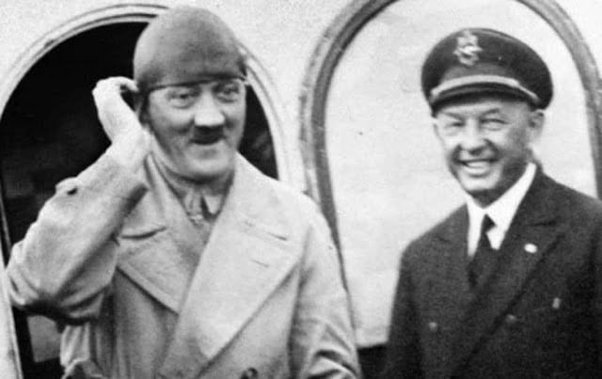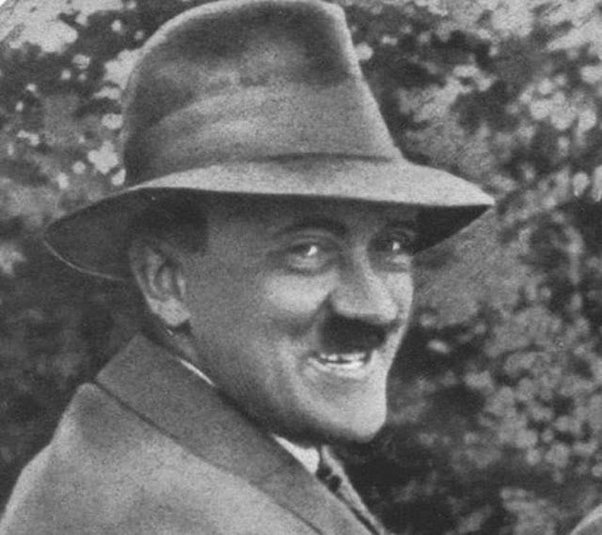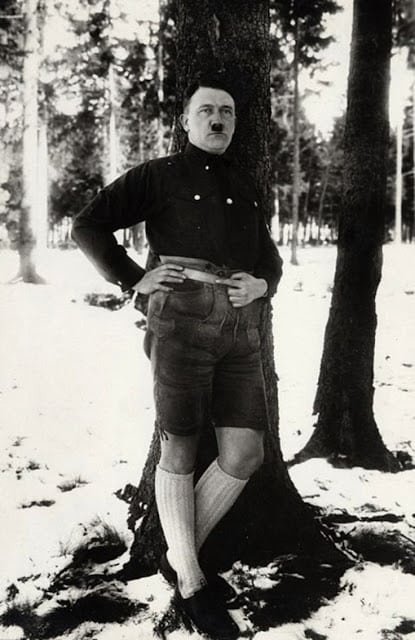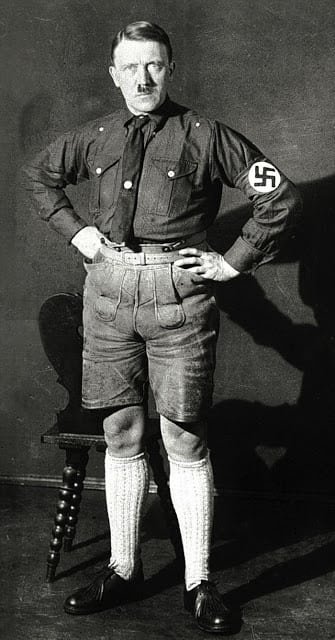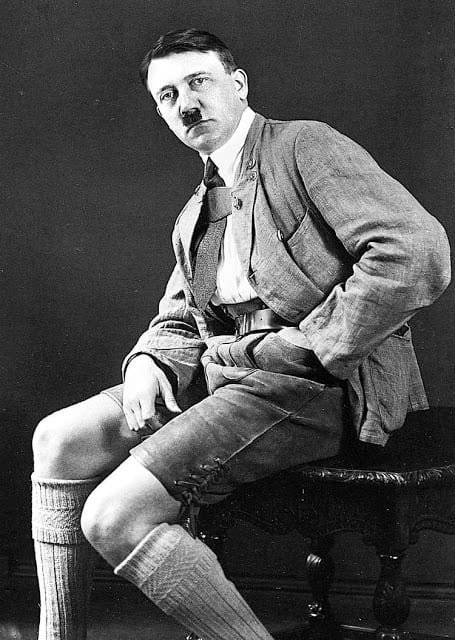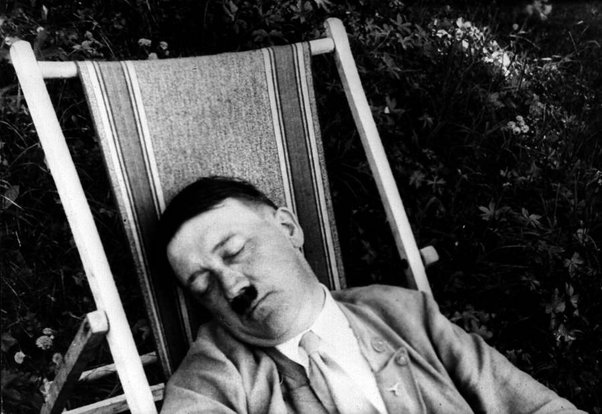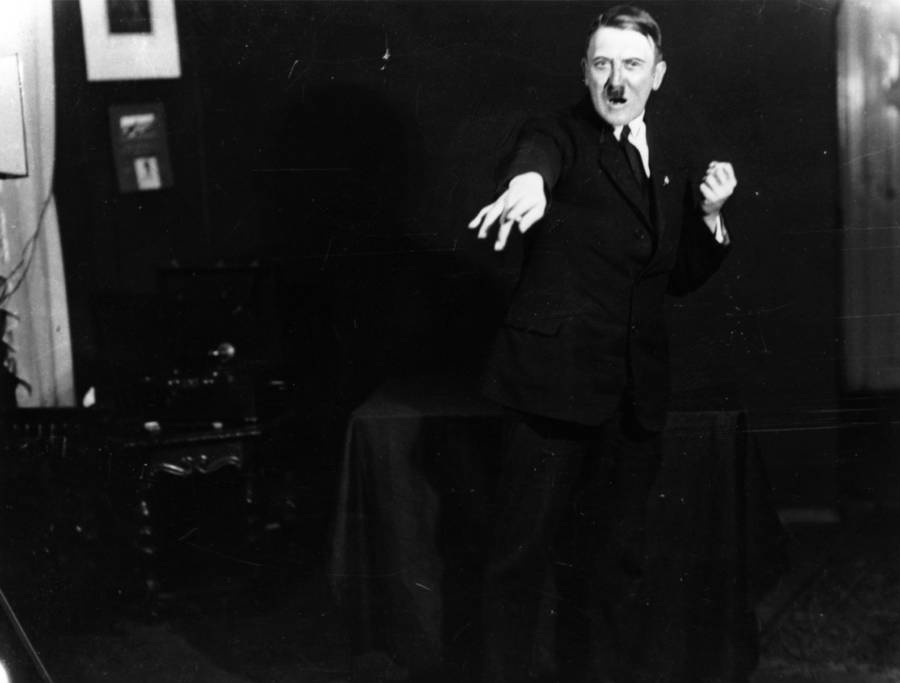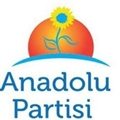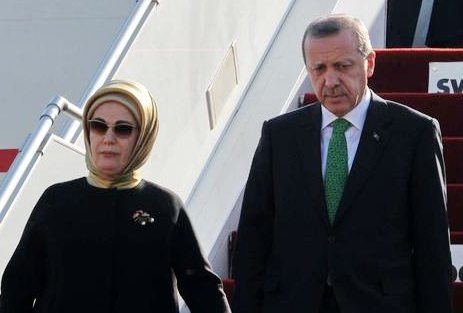
Some like the perfume from Spain
I’m sure that if,
I took even one sniff,
It would bore me terrifically, too,
Yet I get a kick out of you.
Cole Porter, I Get A Kick Out Of You
As a boy, he used to kiss his mother’s feet and it made her nervous.
No, no, Mama, the book says so.
Huh? What book? You shouldn’t read such things.
Yeah, it says heaven is under your feet.
My feet? Stop…this tickles. Stop! It’s like what the dog does.
Aw come on Mama, don’t be shy. I’m seeing Paradise.
Paradise? What Paradise? You’re seeing calluses and split toenails and a hole in my stockings.
Please, please, stop wiggling your toes, Mama. I’m having a spiritual experience. They smell like heaven.
Not with the feet! Not with the feet! Wait until I tell your father! You’ll be seeing the back of his hand!
Aw pleeeeze….Mamaaaaaa…..now I’m seeing a mosque in Havana. And Fidel abluting his cigar.
Allah! Allah! Why don’t you go out and play football like the rest of the boys, my son.
No, no, please Mama, those boys are different…
Many are criticizing the Turkish president for his remarks at a meeting of a group called, with great irony, the Women and Democracy Association. The name is like something they made up in the lobby. At the meeting the president again shared his wide-ranging, penetrating insights from his lifelong study of Anti-Feminology, namely that women are in no way, no how, equal to men. It’s “against nature,’ he said. Although he did offer the fascinating concept that women, if they tried real hard, could be “equivalent” to men. He also declared that feminists reject motherhood, adding something about breast-feeding women should not work in communist factories. Predictably, feminists and communists, and particularly feminist-communists, were unified in an outrage equivalent to the firestorm bombing of Dresden. As a male feminist, uncertain about motherhood issues, I find the president’s ideas inspirational, perplexing and perfectly suitable to his adoring audience. And his charm and sunny disposition have won my heart, perhaps forever.
Some people think that the Turkish president is a strident troublemaker. Not me!
Some say he is spiteful, hateful and full of anger, particularly towards breast-feeding mothers and their communist significant others. Not me!
Some even say that he is a complete……well……I can’t even think about this one, no less say it, no less write it.
I stridently, but respectfully, disagree with all of his critics.
The president of Turkey deserves our gushing respect and undivided attention.
Here’s why.
He said that the characters, habits and physiques of women are different from those of men. This is a brilliant insight! This is true! I hope his audience rose as one to render a standing ovation of loving applause. I immediately thought of Marilyn Monroe and Woody Allen. It would indeed be “against nature” to put these two on an “equal footing.” The president is correct in his assertion about character and habit, but especially about physique. I mean, whose feet would you rather kiss?
And as far as breastfeeding women and non-breastfeeding communists working together in some Soviet-era tractor factory, well, again the Turkish president is perfectly correct. Breastfeeding women couldn’t even hold the wrenches properly. Think about it and you will instantly grasp the president’s wisdom. Holding a baby to one’s breast is a completely different motion and habit than the complicated, manly habit of turning a wrench. And even if men could lactate, could they handle having a baby sucking at their breasts every few hours while those tractor axles kept on coming? No, of course not. And where would they stash the babies in between feeding time? It would be so unnaturally confusing, wouldn’t it? The commissar would send them all to Siberia. Besides, if I understand the Turkish president’s deeper meaning, communist men are always looking to start revolutions. It’s their nature. Just look at history! And to make revolutions they need free hands, that is, no screaming, hungry babies interfering with their secret meetings. This is what the clever Turkish president meant. And he is absolutely correct. And that’s why he buys more and more tear gas and more and more TOMA monsters. It all makes sense, doesn’t it? Thank you Mr. President! Your applauding audience is proud of you.
He also said that women being equal to men is “against nature.” Bravo! Brava! This is true too. I mean, what women would cultivate nature like the Turkish president, a man, does? He has leveled millions and millions of trees so that nature can breathe freely. No woman would dream of doing that. He has leveled mountains to free marble from its lifelong imprisonment so that villas and hotels and palaces can have shiny walls and slippery floors. And the president knows how women, by nature and habit, like to clean things. So women now have something to do. And marble also now has something to do, rather than just stay inside some dumb mountain. And women can clean and polish all of it, doing what comes naturally to them. No woman could even come close to thinking of such a perfectly complex idea. Only men can do that. The president of Turkey is very smart and deserves loud acclaim until the end of recorded time.
And I completely agree with the Turkish president that women should be equal among women and men should be equal among men. Such a great social philosophy, though it seems to border on that nasty communism thing. Nevertheless, I agree with the president. For example, when we are alone, my wife and I never argue unnaturally about whether we are equal to each other, she being a woman and I a man. I am perfectly content to be a man equal to myself and, so far, she is happy to be a woman equal to herself. It proves the president’s intelligently argued point regarding the natural law that men are men and women are women. On this issue, peace prevails. The argument as applied to gay couples has yet to be addressed. Perhaps at the next meeting of the Women and Democracy Association the brilliance of the Turkish president can enlighten us further.
The natures of men and women are different, too. Right again, Mr. President! And the following shows how true that is and how correct you are.
Who brought us religion? Men.
Who invented prostitution? Men.
Who spent millennia hunting and killing animals? Men.
Who spent millennia hunting and killing each other? Men.
Who invented armies? Men.
Who created historical catastrophes such as genocides? Men.
Who invented, and continue to invent, weapons of mass destruction? Men.
Who dropped the atomic bomb on innocent people in Hiroshima and Nagasaki? Men.
Who destroyed native populations in Africa and the Americas for profit and power? Men.
Who finance and organize bestial mercenary hordes to murder, rape and plunder? Men.
Who cannot produce children? Men.
Who are condemned to extinction because of their characters, habits, physiques and natures? Men.
Indeed, there is nothing like a man.
James C. Ryan
Istanbul
November 26, 2014


